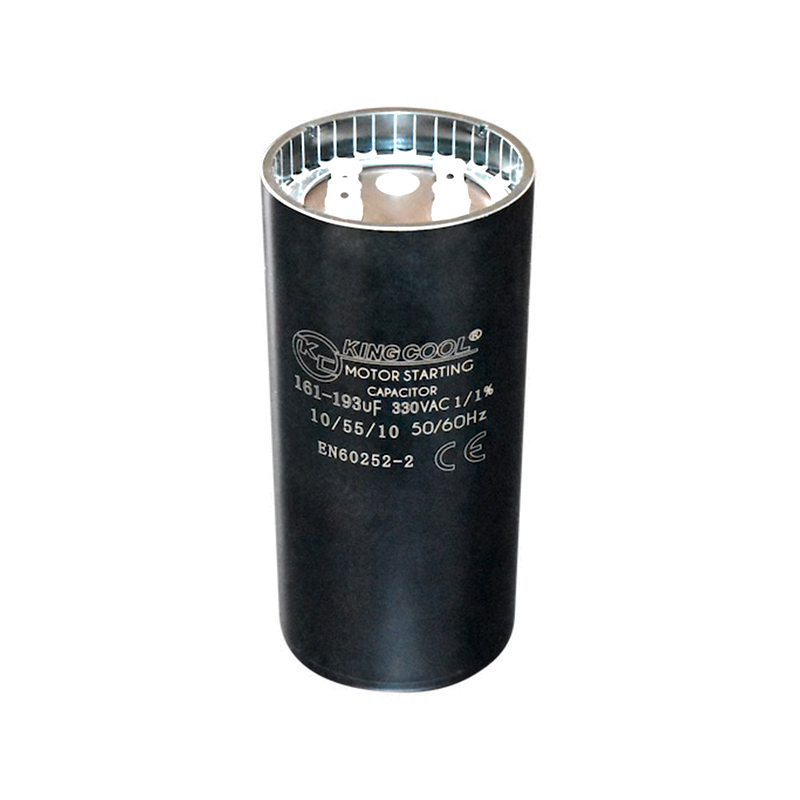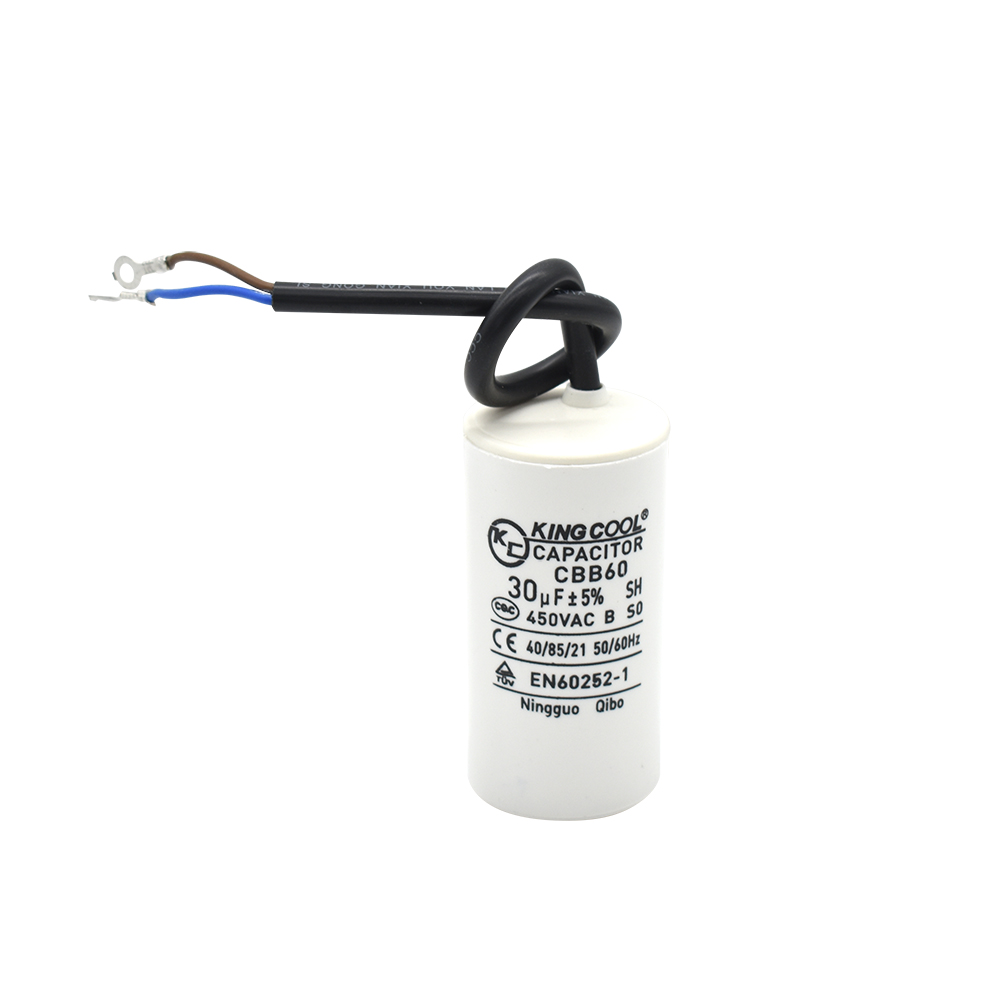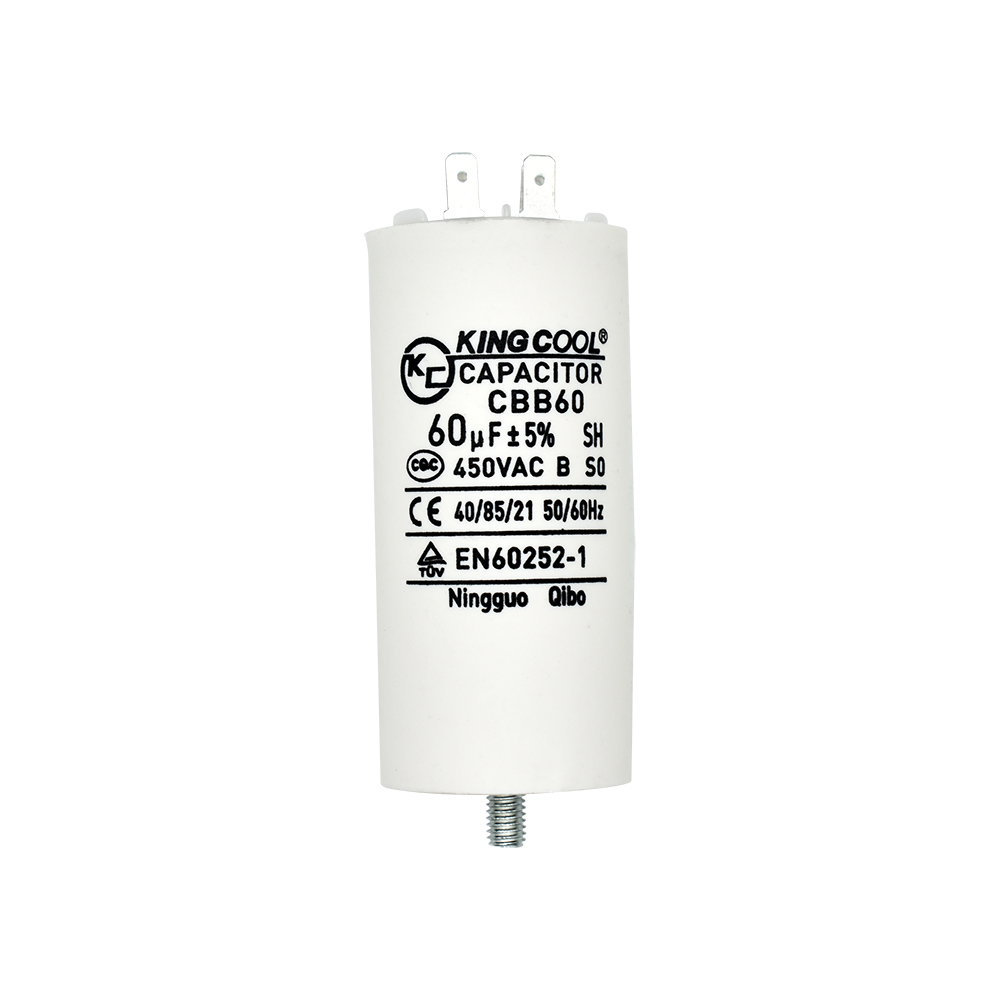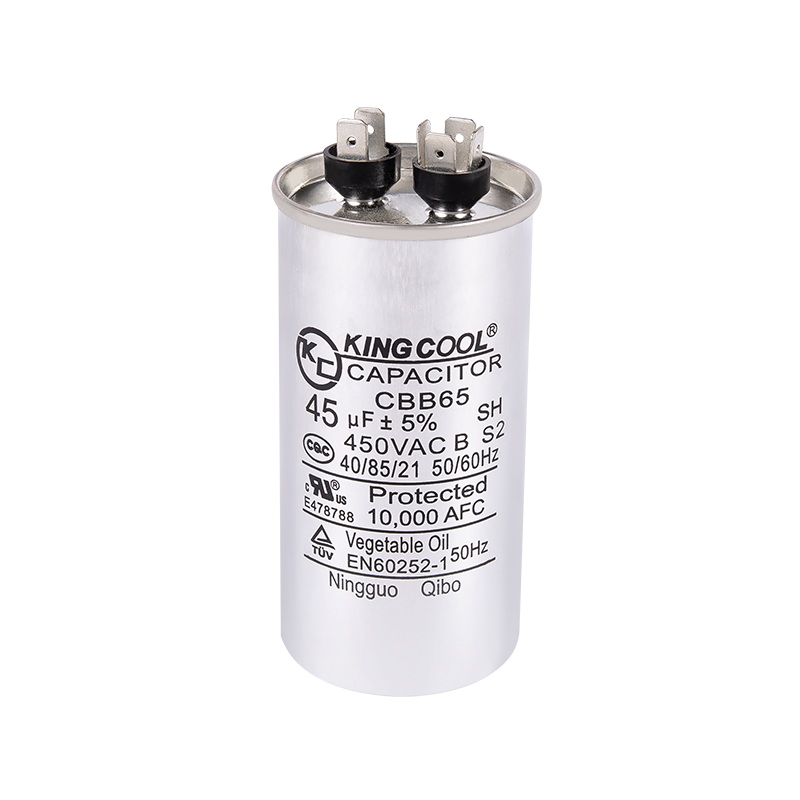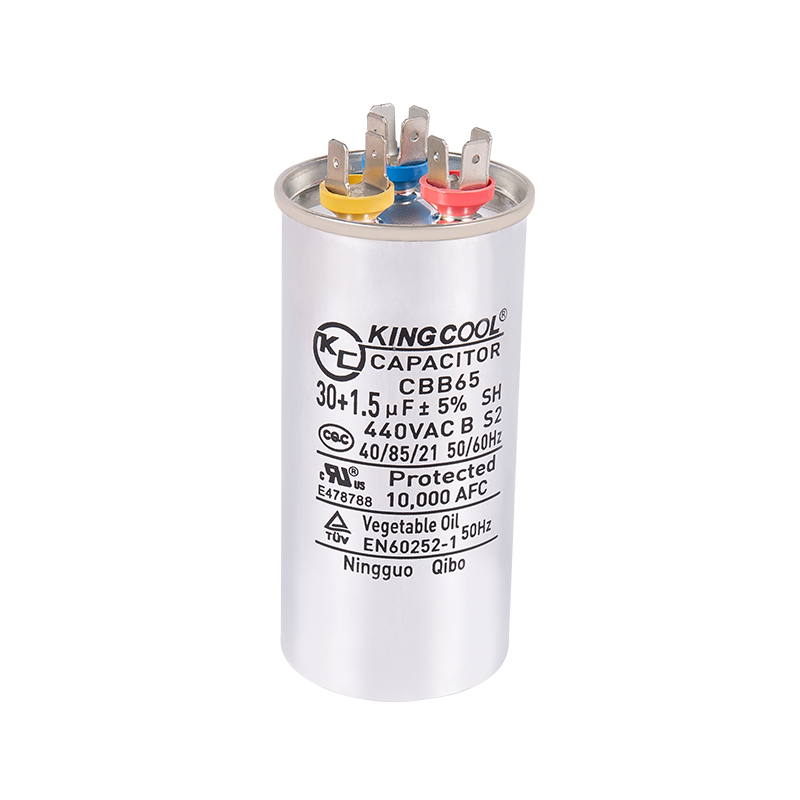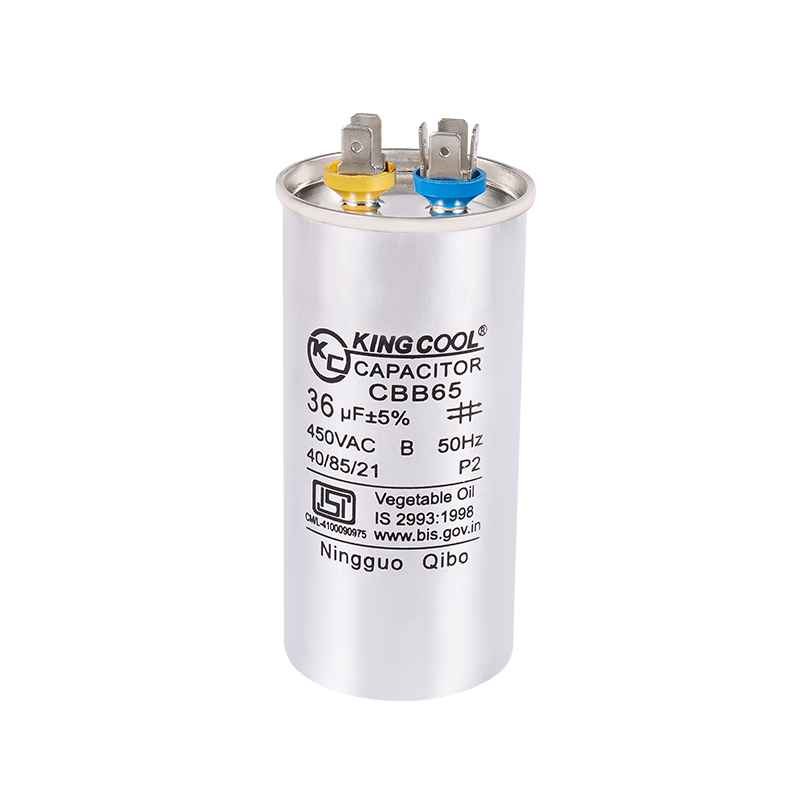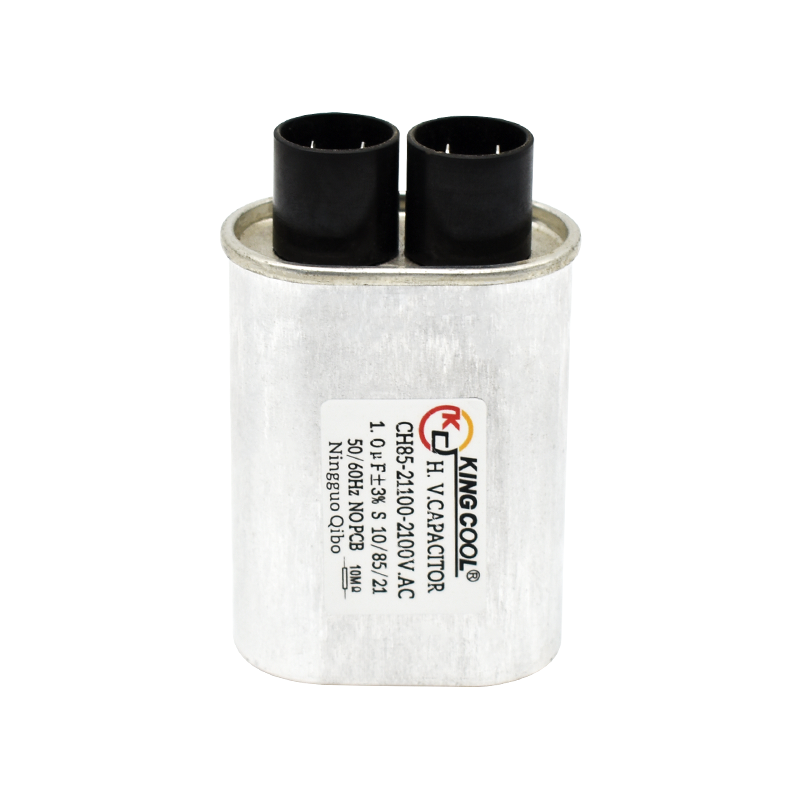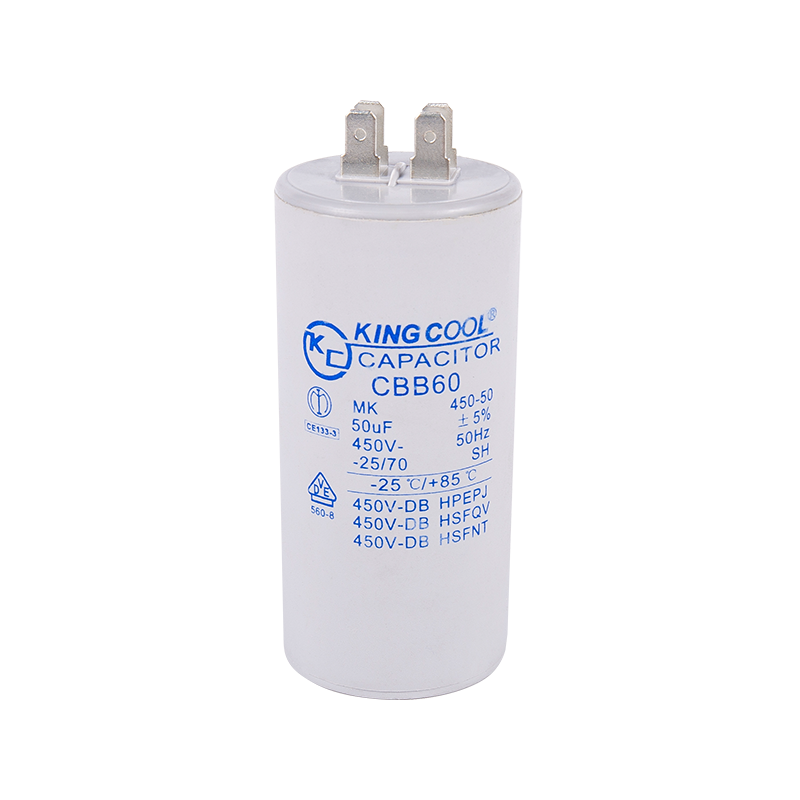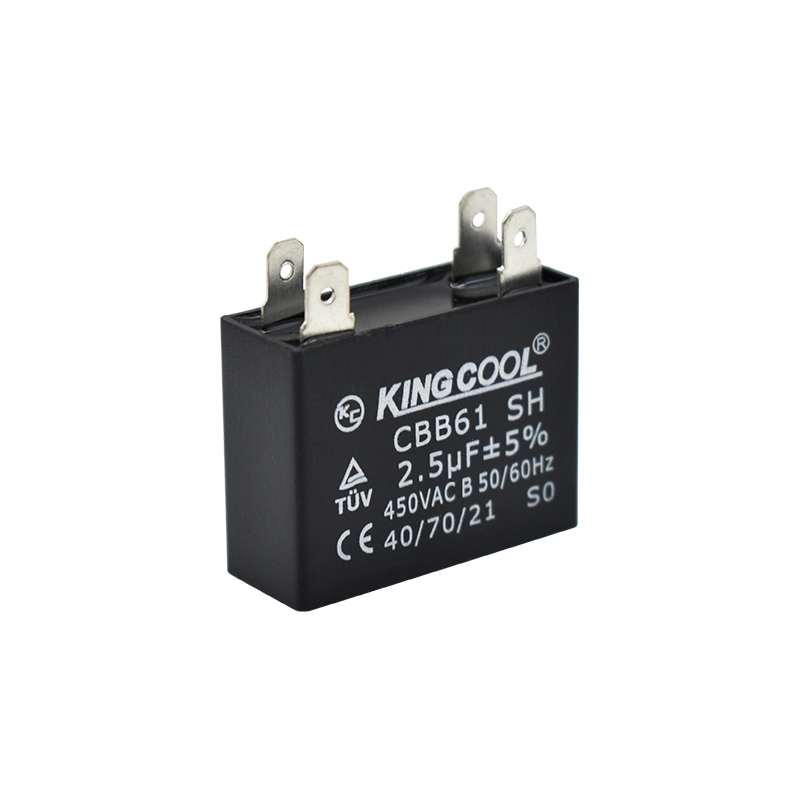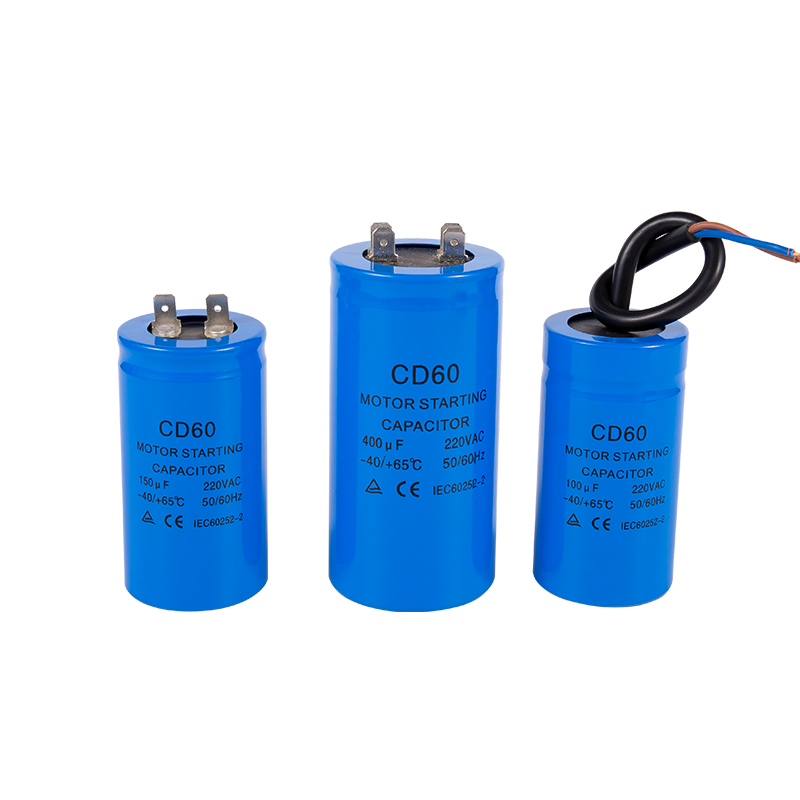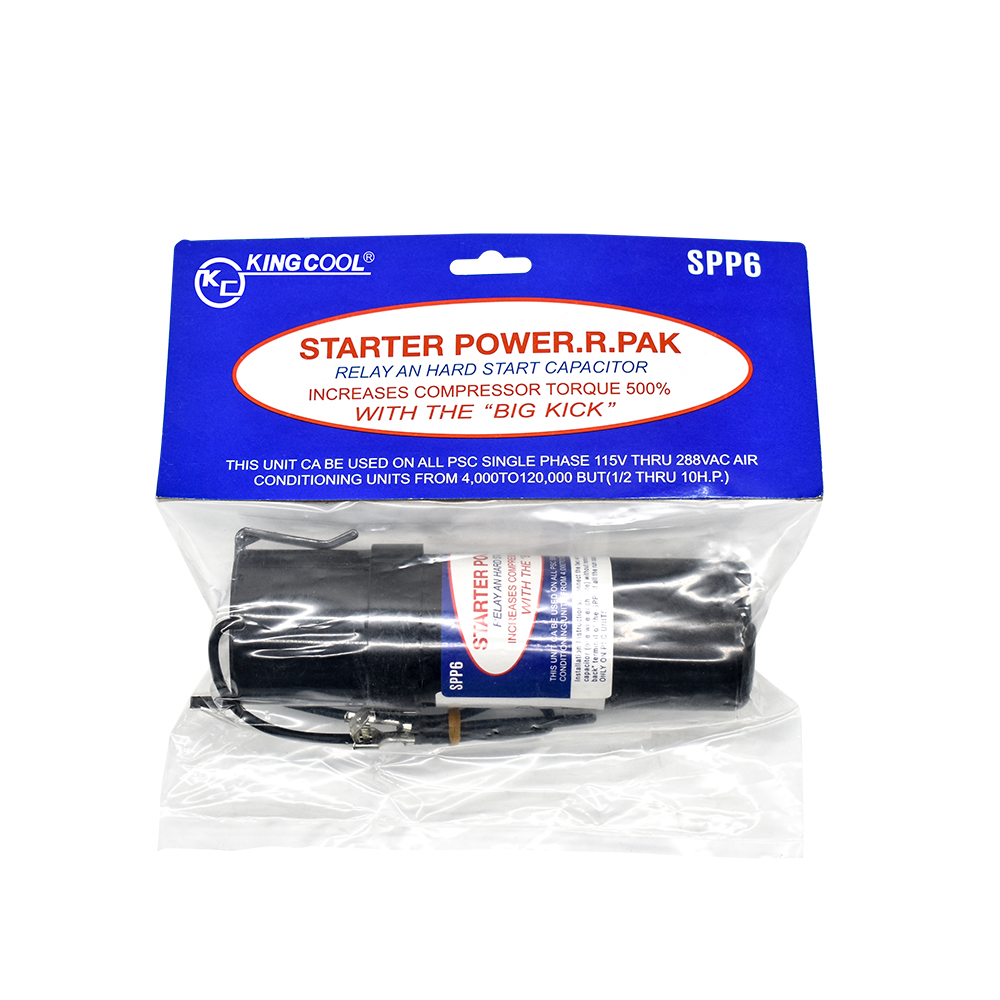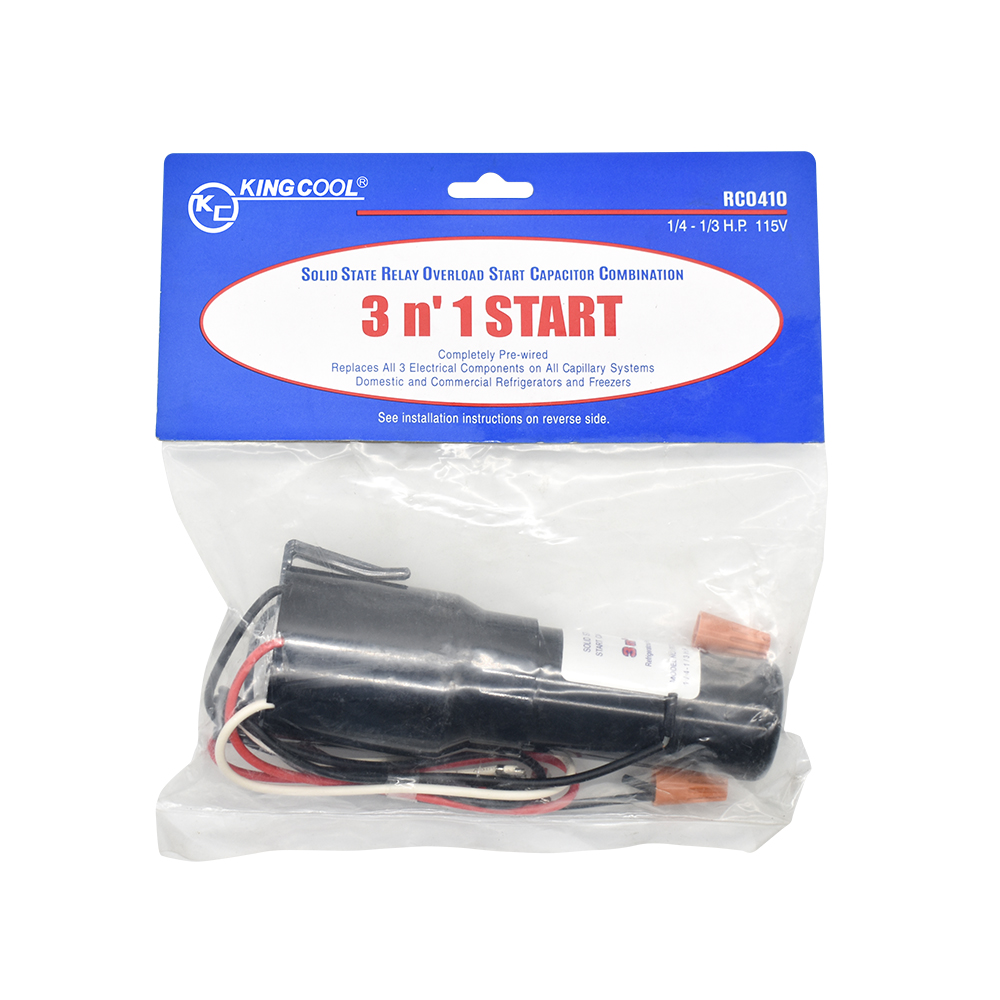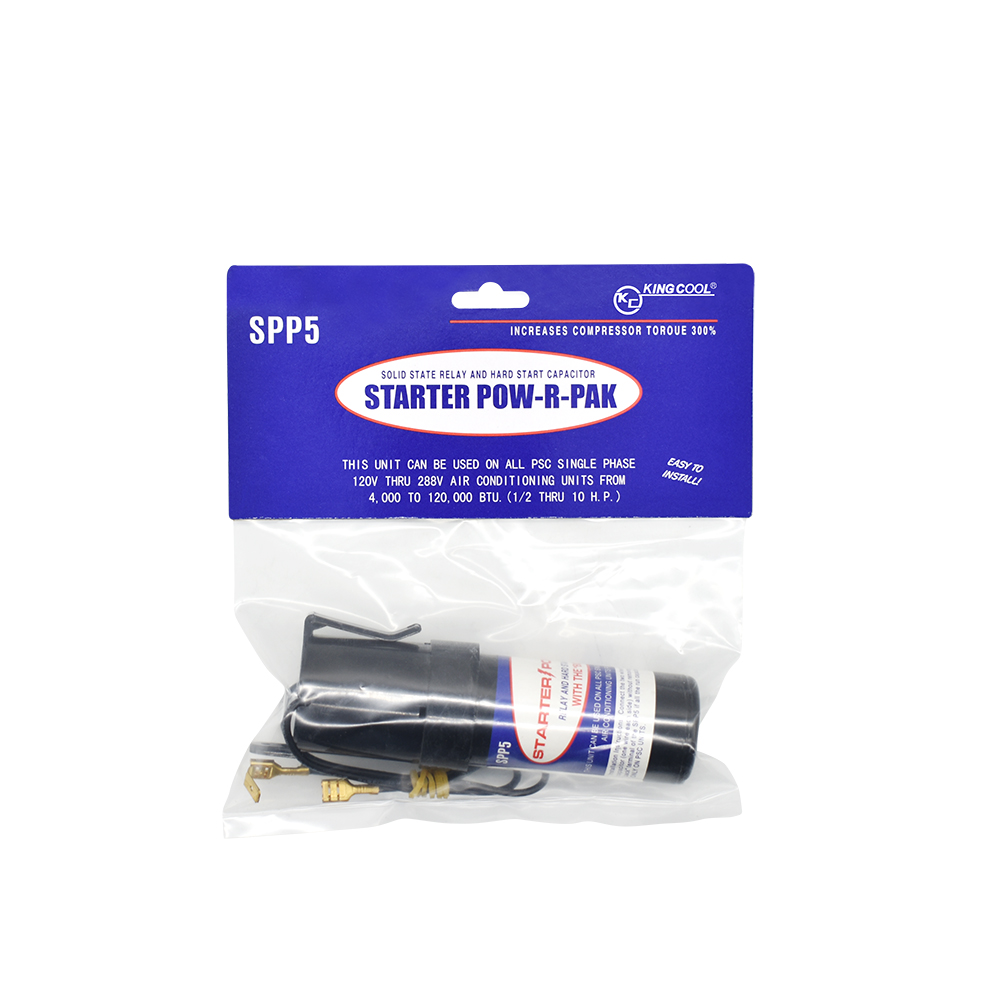What are the common symptoms of a capacitor failure in an air conditioning system?
There are several common symptoms of a capacitor failure in an air conditioning system:
The air conditioner will not start: The most obvious manifestation of a capacitor failure is that the air conditioner will not start at all, especially the compressor and fan will not work properly. Because the capacitor is responsible for providing the extra current required for starting, the motor cannot start when it fails.
Frequent power outages of the compressor: Frequent power outages of the compressor during operation or shutdown for a short period of time and then attempts to restart may be due to the capacitor's inability to provide continuous current support.
Slow or no fan operation: The fan motor relies on the capacitor to maintain normal speed. When the capacitor fails, the fan may run slowly or even stop turning completely.
Buzzing sound: If the capacitor is damaged, there may be a buzzing sound of electricity inside the air conditioning system. This is a sign that the compressor or fan motor is trying to start but does not have enough power.
The air blown out of the air conditioner is not cool enough: Because the capacitor fails to start the compressor correctly, the cooling function may be affected, resulting in the air blown out of the air conditioner not being cool enough and the overall efficiency is reduced.
Abnormal appearance of the capacitor: If the capacitor is bulging, deformed, cracked, or has physical damage such as leakage, it means that it may have failed or is about to fail.
Tripping or burning fuse: Capacitor failure may cause excessive current, causing the air conditioner circuit to trip or burn fuses.
Refrigeration cycle becomes longer: Capacitor failure may cause the compressor to work unstably, prolong the cooling time of the air conditioner, or even fail to cool effectively.
What are the factors that affect the life of AC capacitors and compressor capacitors?
The main factors that affect the life of AC capacitors and compressor capacitors are as follows:
Operating temperature:
High temperature is one of the main reasons for shortening the life of capacitors. When capacitors operate in high temperature environments, their internal insulation materials and electrolytes are prone to deterioration, thereby reducing the performance and service life of capacitors. Long-term exposure to environments above the rated temperature may greatly shorten the life of capacitors.
Voltage load:
The operating voltage of the capacitor should be consistent with its design rating. If the capacitor operates for a long time under conditions exceeding its rated voltage, its internal electrical stress will increase, leading to premature failure. Excessive voltage may cause problems such as insulation material breakdown and breakdown short circuit.
Capacitor quality:
The design and manufacturing quality of capacitors have an important impact on their life. High-quality capacitors usually use highly durable materials and have better anti-aging and environmental resistance. Poor quality capacitors may be prone to leakage, bulging or fail to provide stable capacitance, leading to premature failure.
Frequent start/stop cycles:
Frequent motor start and stop cycles cause capacitors to be subjected to large current surges, especially start capacitors. Such high surges accelerate capacitor aging and shorten their service life.
Ambient humidity:
High humidity environments may affect the insulation performance of the internal components of the capacitor, resulting in reduced efficiency or even short circuit failure of the capacitor. Under humid conditions, capacitors are more susceptible to poor sealing, causing oxidation or deterioration of their internal materials.
Vibration and mechanical shock:
Capacitors installed near air conditioning compressors or fan motors are susceptible to vibration and mechanical shock, which may cause the internal connections of the capacitor to loosen or break, thus affecting their life.
Power surges and power fluctuations:
Unstable power supply, sudden voltage fluctuations or surges (such as lightning strikes or power grid problems) can cause shocks to capacitors, especially during the startup process, which may cause internal damage or complete failure of the capacitor.
Improper installation and maintenance:
If the capacitor is not installed in the correct position, such as without good ventilation or installed in a high temperature environment, its heat dissipation performance may be affected, thereby shortening its life. In addition, lack of regular inspection and maintenance can also increase the risk of capacitor failure.
Aging and natural wear and tear:
Capacitors have a certain design life, and over time, the internal materials of the capacitor will gradually age. The electrolyte in electrolytic capacitors may gradually evaporate, thereby reducing the capacitance and performance.
Current harmonic interference:
If there is high harmonic interference in the power supply (i.e., current waveform distortion caused by nonlinear loads), the capacitor may be subjected to additional current stress, which will accelerate its wear and shorten its life.










